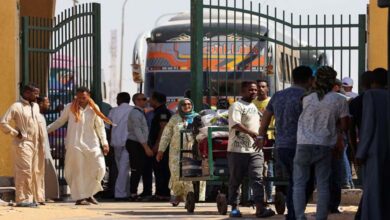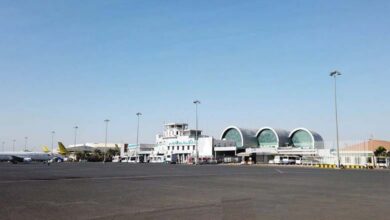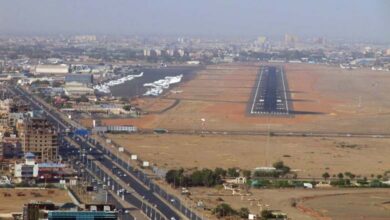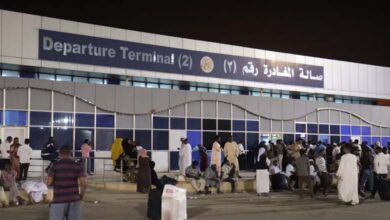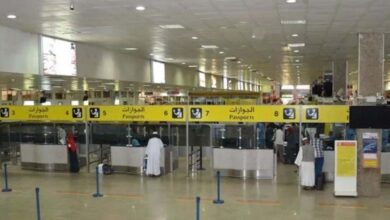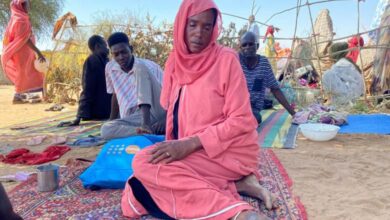Bashagha’s appointment has confused the Libyan scene and Turkey is the biggest beneficiary
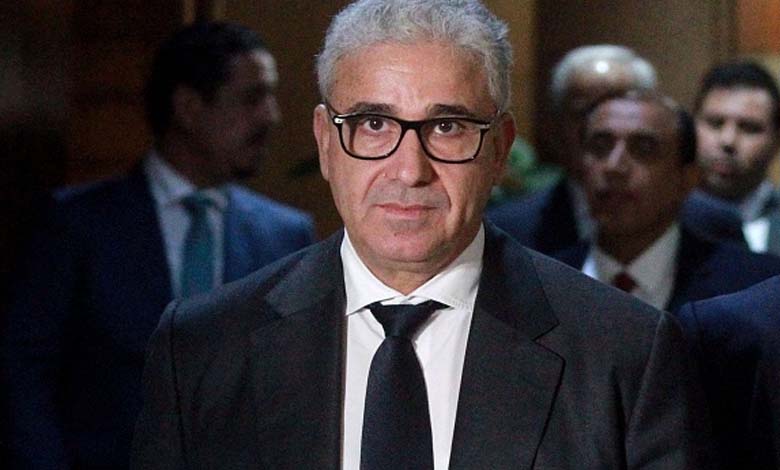
The Libyan parliament caused confusion in the Libyan scene after it voted on February 10, 2022 to appoint the former Minister of Interior in the Government of National Accord, which was supported by Turkey, Fathi Bashagha, as the new Prime Minister. The MPs present unanimously voted after the withdrawal of the rival candidate, Khaled Al-Bayas. He is scheduled to replace Abdul Hamid Dbeibeh, who served as the head of the internationally recognized Government of National Unity, which was installed about a year ago. The vote was organized by House Speaker Aguila Saleh, arguing that the current term of the national unity government expired in December 2021 after the scheduled presidential and parliamentary elections were postponed. Bashagha has two weeks to form a government and present it to parliament to gain confidence.
The Libyan Government of National Unity, headed by Abdul Hamid Dbeibeh, announced that it will not step down from power and will not give up its duties until after holding elections in Libya. This is in defiance of the parliament, which is preparing to install a new government after a week, to lead the next stage, which increases the possibility of the country entering into a conflict between two governments.
Turkey is trying to make the most of Libya’s differences between Bashagha and Dbeibeh, and is seeking to prolong the Libyan conflict if Bashagha does not take over the Libyan government.
Turkish President Recep Tayyip Erdogan said a few days ago that his country’s relations with Dbeibeh and Bashagha are good.
Erdogan said in a press statement: “Our relations with Fathi Bashagha are good. On the other hand, relations are also good with Dbeibeh”, he said, before adding that “the important thing is who the Libyan people will choose and how”.
The Turkish president added: We want elections to take place in Libya, so that Libyans choose the form of government they want.
Erdogan’s statements come as usual, carrying many of his dirty political games and carrying the malice between words.
The Brotherhood’s member Bashagha played a prominent Turkish ally in 2019 and 2020, when Haftar’s forces launched a military campaign against the Turkish-backed Government of National Accord in Tripoli, enabling him to obtain Turkish support.
The Muslim Brotherhood’s Fathi Bashagha has the support of armed groups and militias in Tripoli and significant Turkish support.
Those challenges and conflicts make it difficult to restore sovereignty, security and stability, impede the unification of military, security and financial institutions, delay the holding of Libyan presidential elections and drag Libya back into armed conflict.
Turkey is the biggest beneficiary of those disagreements that lead to the survival of the military presence and ensure that the resources of the Libyan people are kept under control.
Turkey has provided military support to the former Libyan Government of National Accord, led by Fayez al-Sarraj, and continues to maintain Syrian military and mercenaries and controls land, sea, and air bases in western Libya, based on the Memorandum of Understanding for Military and Security Cooperation with al-Sarraj, which was not approved by the Libyan parliament elected by the people.


